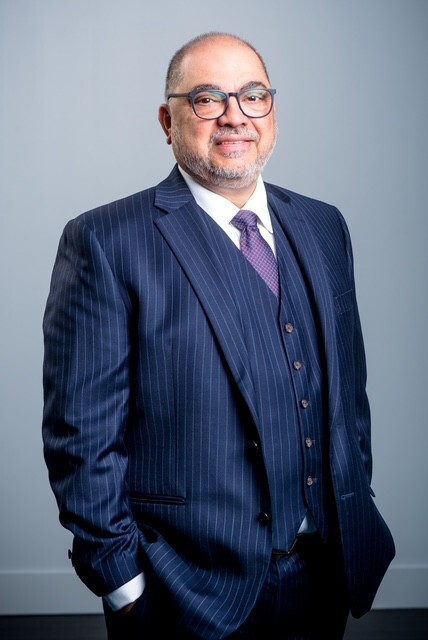The unfolding saga over the growing United States military presence in the Caribbean is exposing a deep divide in the image of a united Caribbean Community (CARICOM). At the centre is the position of the Trinidadian leader, Kamla Persad-Bissessar, who has chosen to go her own way in relation to the military buildup.
Persad-Bissessar’s stance threatens to undermine regional unity. Whereas the majority of CARICOM members that rely on tourism to fuel their economies also understand that associating with a potential military conflict between Venezuela and the US spells deep trouble.
In recent weeks, several CARICOM leaders reaffirmed the region’s long-standing commitment to maintaining the Caribbean as a “Zone of Peace” and to addressing trans-national threats through cooperation while respecting international law. Yet Trinidad and Tobago, amid the massing of ships and planes and the ongoing killings of people in the Caribbean Sea, refuses to endorse the regional statement.
Port of Spain’s rationale appears to be rooted in very real pressures at home. Illegal drugs, widespread gun crimes and gang violence have pushed up murder rates and placed great strain on security personnel. As such, Prime Minister Persad-Bissessar has publicly embraced the Americans’ military presence and actions, which have been deemed as illegal. She has described it as necessary against cartel-led crime and violence.
While there may be some validity to the Trinidadian PM’s stance, the government has effectively broken with the regional consensus, and adopted a posture described by critics as unilateral. It has even been described as “Trumpian”; her confrontational foreign-policy style seems to closely mimic that of the president of the United States.
Persad-Bissessar’s “go-it-alone” stance carries real risks. For one, Trinidad and Tobago’s failure to consult with CARICOM or even involve regional partners has deepened suspicion and distrust. The declaration that Port of Spain “has not engaged and has no intention of engaging” CARICOM on this matter is unfortunate, and reckless.
Secondly, the manner in which the Americans are undertaking the suspicious “war on narco-terrorists” carries potential economic consequences for the tourism industry, the economic anchor for most economies across the region, including Trinidad and Tobago.
With Trinidad expected to host the Caribbean’s biggest carnival in three months, one must ask what impact even the talk of conflict between the US and Venezuela – with Trinidad and Tobago being the launch pad – will have on the carnival plans of thousands of visitors from the region and around the world.
Tourists choose the Caribbean for its reputation for peace. A visible escalation in military action threatens that image.
The government in Trinidad and Tobago must recalibrate and quickly. It should move from a posture of “Trinidad first” to one of partnership by restoring meaningful consultation with CARICOM on the special circumstances of the twin-island republic.
Trinidad and Tobago must join its neighbours and push for coordinated regional positions on security and foreign policy issues and reaffirm that Caribbean countries are stronger together than apart.
We suggest that the government is right to seek to balance the hard realities of the crime and national security issues it faces but two things can also exist at the same time. Yes, traffickers operate across borders; yes, Trinidad faces enormous pressures. But complete alignment with an external military force without any regional consultation is politically unwise.
The calls for the region to be seen as a “Zone of Peace” is not only directly linked to the vital tourism industry. It also extends beyond the borders of Port-of-Spain. Our fisherfolk, who often venture into Trinidadian waters during the flying fish season, could easily be mistaken as a target of the shoot-first-ask-questions-later US forces.
The entire region is aware that there are much bigger issues involved with the military build-up, and they are less to do with the fight against illegal drugs and more about Washington’s desire for regime change and control of Venezuela’s massive oil reserves.
Most analysts have concluded that fighting alleged drug traffickers is merely a convenient ruse in a much more extensive geopolitical strategy. Understandably, Caribbean governments wish to be no part of this dark episode.
The post Why Trinidad and Tobago must reconcile with CARICOM appeared first on Barbados Today.


